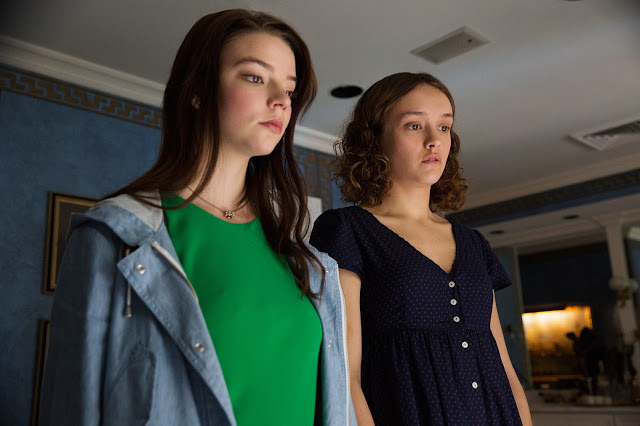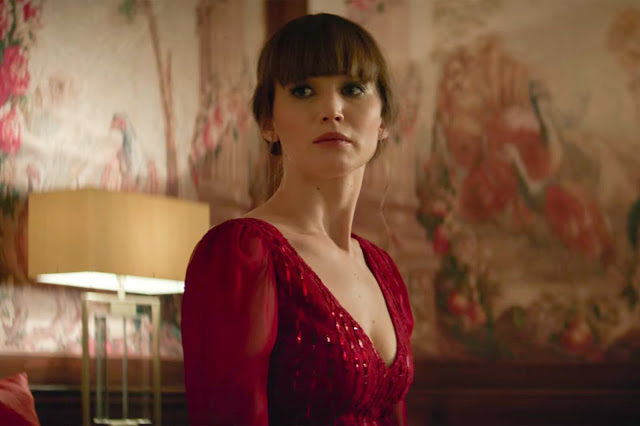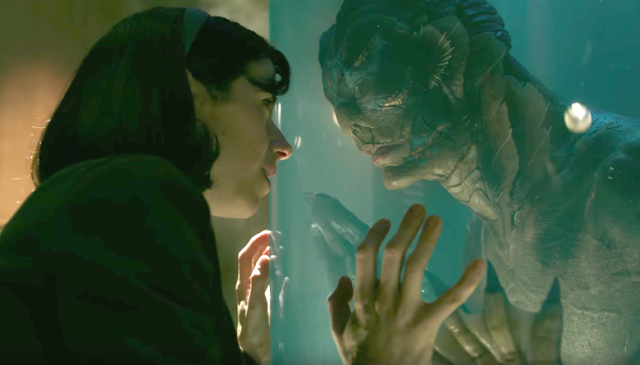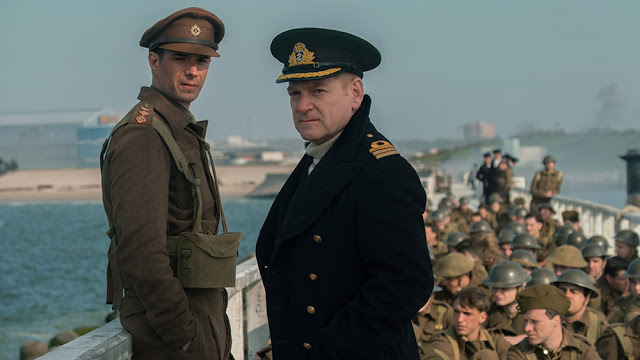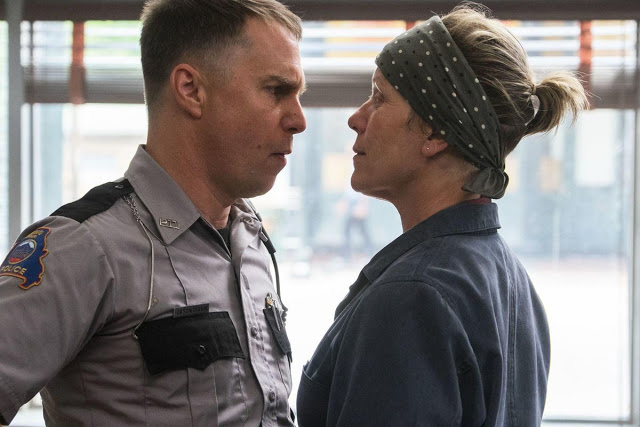Thoroughbreds: Horsing Around, with Mai Tais and Murder
It is an exhilarating feeling, watching the work of a first-time director who operates with absolute confidence, with an imperceptible clarity of vision. As someone who’s only been going to the movies for a few decades, I’ve felt that sensation just a handful of times—during personality-fueled debuts like Brick, Being John Malkovich, and Michael Clayton—but I like to imagine that the cinephiles of yesteryear experienced something similar when they wandered into the theater and settled themselves for a screening of The Maltese Falcon or The 400 Blows or Blood Simple. I felt stirrings of it watching Thoroughbreds, the bold and provocative first feature from writer-director Cory Finley. I have no idea where Finley’s career will take him; maybe he’ll ascend, maybe he’ll flame out. I do know that with this impossibly gripping movie, he’s made one hell of an entrance.
Speaking of entrances, Thoroughbreds begins with a doozy, a short and sharp cold open that instantly announces its seriousness of intent as well as its formal rigor. We open with a direct shot of a horse, its alien snout practically poking through the screen, before turning to the face of a teenage girl, regarding the animal with a mixture of curiosity and indifference. The lighting is dark, the mood eerie, so by the time the camera reveals a large, glittering knife, our nerves are already on edge. Read More

